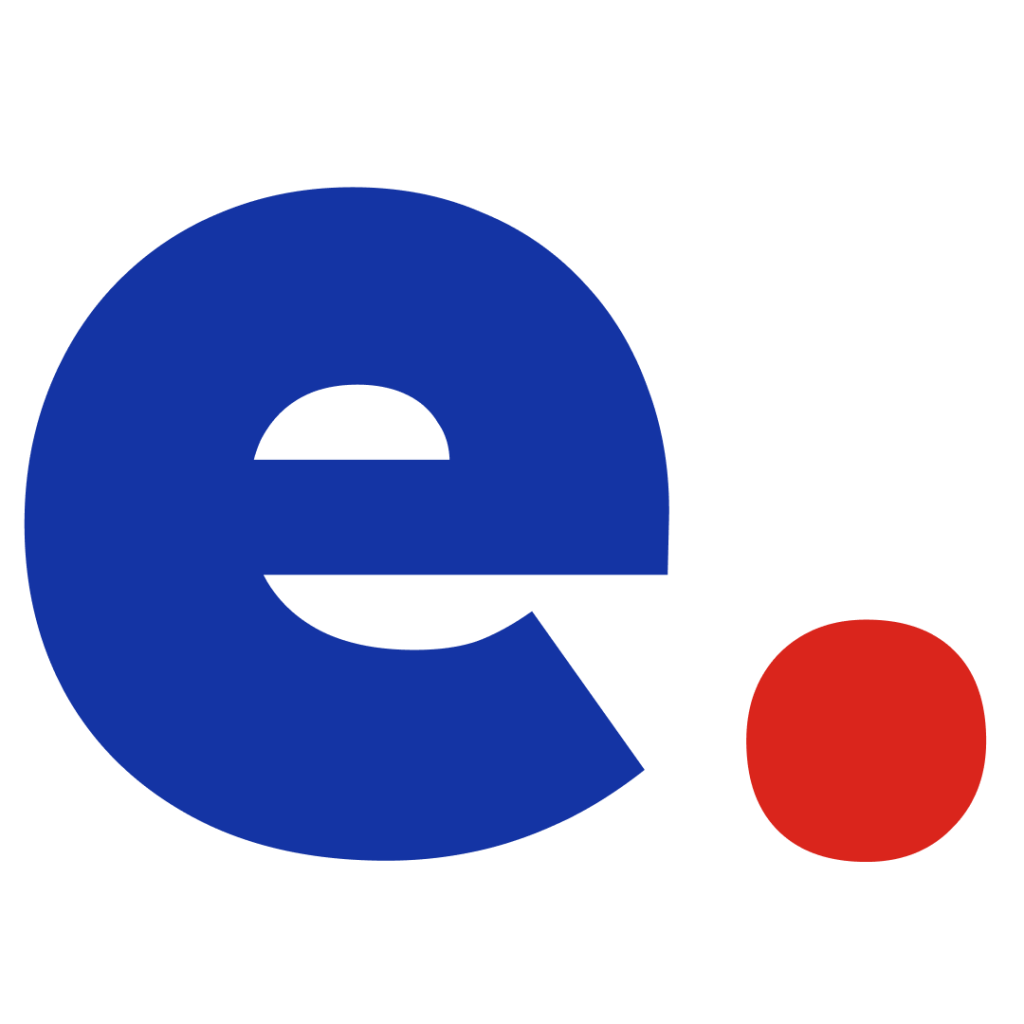Introduction
Freelancing has become an increasingly popular career choice, offering professionals flexibility, independence, and the opportunity to work with global clients. While freelancers do not receive traditional employee benefits like health insurance or paid leave, they enjoy numerous advantages that make freelancing an attractive and viable career path. As a senior content writer with 15 years of experience in the freelancing industry, I have seen firsthand how freelancers can leverage these benefits to create a fulfilling and financially rewarding career.
Understanding Freelancer Benefits
Freelancer benefits refer to the unique advantages and opportunities that come with self-employment. Unlike traditional 9-to-5 jobs, freelancing allows individuals to control their schedules, choose their projects, and scale their earnings based on effort and expertise. While freelancers must manage their own finances, taxes, and job security, the perks of freelancing often outweigh the challenges.
Key Benefits of Being a Freelancer
-
Flexibility in Work Schedule
-
Freelancers can set their own hours, allowing for a better work-life balance.
-
They can work during peak productivity hours, whether early in the morning or late at night.
-
No need for daily commutes, saving time and money.
-
-
Choice of Projects and Clients
-
Freelancers have the freedom to choose projects that align with their skills and interests.
-
They can work with multiple clients, diversifying their income streams.
-
Unlike traditional employment, freelancers can reject projects that don’t align with their values or rates.
-
-
Unlimited Earning Potential
-
Earnings are not fixed to a salary; freelancers can set their rates based on experience and demand.
-
High-quality freelancers can charge premium rates and increase income over time.
-
The ability to take on multiple projects at once increases earning potential.
-
-
Independence and Autonomy
-
Freelancers are their own bosses, making independent business decisions.
-
They can structure their work environments to suit personal preferences.
-
No office politics or micromanagement, leading to a stress-free work atmosphere.
-
-
Remote Work Opportunities
-
Freelancers can work from anywhere, whether at home, in coworking spaces, or while traveling.
-
This flexibility allows digital nomads to work internationally without being tied to a location.
-
Global work opportunities expand client bases beyond local markets.
-
-
Diverse Career Growth and Skill Development
-
Freelancers can continuously upskill by working on different projects in various industries.
-
They have control over career growth by choosing new challenges and learning opportunities.
-
Online courses, certifications, and networking with global professionals contribute to career advancement.
-
-
Better Work-Life Balance
-
The ability to schedule personal time around work commitments leads to improved mental health.
-
Freelancers can prioritize family, hobbies, and personal well-being without the constraints of a traditional job.
-
Breaks and vacations can be planned without needing employer approval.
-
-
Tax Benefits and Financial Control
-
Many countries offer tax deductions for freelancers, including business expenses, home offices, and equipment.
-
Freelancers can manage their income strategically, optimizing earnings and savings.
-
The ability to negotiate payments ensures fair compensation for work.
-
-
Opportunity to Build a Personal Brand
-
Freelancers can establish their reputation through online portfolios, social media, and networking.
-
They can become industry experts by creating blogs, courses, or consulting services.
-
Strong personal branding attracts high-paying clients and long-term opportunities.
-
-
Job Security Through Diversification
-
Unlike traditional employees who may face layoffs, freelancers can have multiple income sources.
-
Building a network of reliable clients ensures consistent work opportunities.
-
Adapting to industry trends and new skills reduces the risk of job loss.
-
Challenges and How to Overcome Them
While freelancing offers many benefits, it also comes with challenges such as:
-
Irregular Income: Freelancers must budget and save to manage inconsistent earnings.
-
Lack of Employee Benefits: Self-funded insurance and retirement plans are essential.
-
Client Dependence: Building long-term client relationships minimizes financial instability.
-
Time Management Issues: Using productivity tools helps balance multiple projects efficiently.
Best Practices to Maximize Freelancer Benefits
-
Set Competitive Rates: Charge based on expertise and market demand.
-
Use Contract Agreements: Protect yourself with written agreements defining project scope and payments.
-
Invest in Skill Development: Stay competitive by continuously learning and improving your skills.
-
Diversify Income Streams: Offer different services, create digital products, or monetize knowledge through courses.
-
Maintain a Financial Buffer: Save for slow months and invest in retirement plans.
-
Leverage Freelance Platforms: Use Upwork, Fiverr, and LinkedIn to find consistent work opportunities.
-
Build a Strong Personal Brand: Showcase work through a website, blog, or social media.
The Future of Freelancer Benefits
The freelancing industry is evolving, with platforms and governments recognizing the need for better freelancer benefits:
-
Freelance Insurance Plans: More platforms are offering healthcare and financial planning options.
-
AI and Automation: New tools help freelancers automate tasks, improving efficiency.
-
Greater Legal Protections: Many countries are working on laws to support freelancers’ rights.
-
Remote Work Expansion: Businesses are hiring more freelancers, increasing job opportunities worldwide.
Conclusion
Freelancing offers numerous benefits, from flexible schedules to unlimited earning potential and career independence. While it comes with challenges, strategic planning, skill development, and financial management can help freelancers maximize these benefits. As the gig economy continues to grow, freelancers who embrace evolving trends and opportunities will enjoy a successful and fulfilling career. By understanding and leveraging freelancer benefits, professionals can build sustainable, thriving careers in an ever-changing digital landscape.
